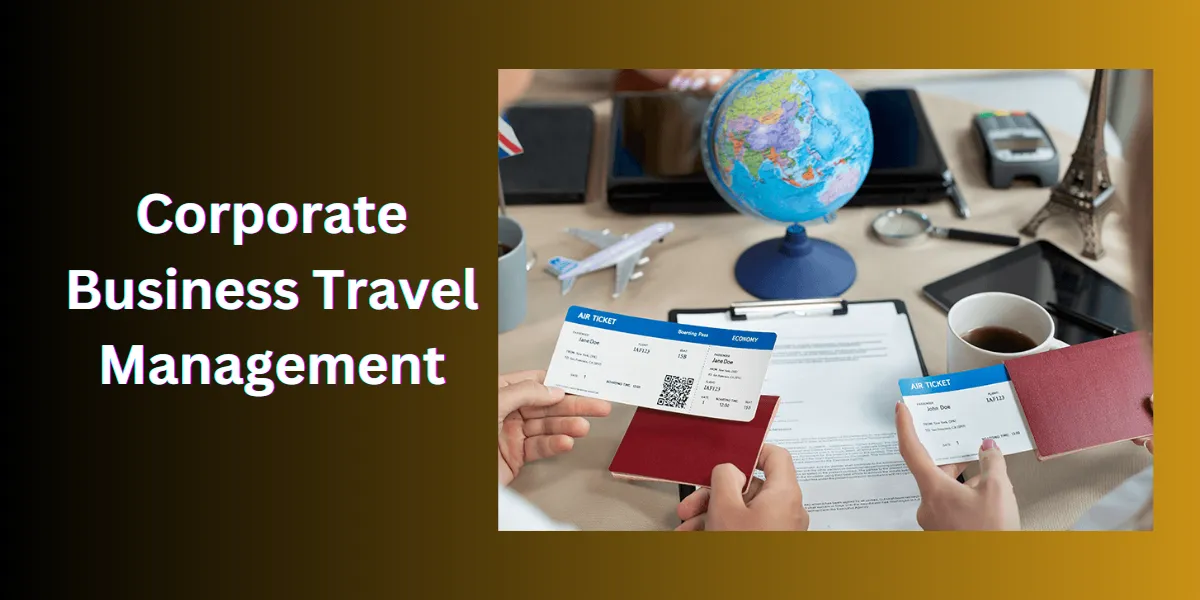Corporate Business Travel Management: A Comprehensive Guide
Corporate business travel plays a pivotal role in maintaining global connections, sealing deals, and fostering collaboration across organizations. However, managing corporate travel efficiently is no easy feat. With a multitude of factors to consider, such as cost control, traveler satisfaction, and compliance, businesses need to implement robust travel management strategies to optimize their corporate travel programs. In this article, we will explore the key components of corporate business travel management and provide valuable insights for organizations aiming to streamline their processes.
Developing a Travel Policy:
A well-defined travel policy serves as the foundation for effective travel management. It should clearly outline guidelines for booking procedures, preferred vendors, travel expenses, and compliance requirements. By establishing a comprehensive policy, businesses can ensure consistency, mitigate risks, and empower employees with the necessary guidelines to make informed travel decisions.
Leveraging Technology Solutions:
In today’s digital age, technology plays a vital role in simplifying corporate travel management. Employing travel management platforms, expense management systems, and mobile applications can significantly enhance the overall travel experience for employees. These solutions offer features such as online booking, itinerary management, real-time updates, and expense tracking, streamlining the travel process and improving efficiency.

Implementing Travel Risk Management:
With the increasing importance of duty of care, organizations must prioritize travel risk management. This involves identifying potential risks, implementing safety protocols, and establishing a reliable communication channel for travelers. Employing tools that provide real-time travel alerts, emergency assistance, and tracking capabilities ensures the safety and well-being of employees during their travels.
Instant Access to PayPlus Card Balance
Need to check your PayPlus card balance? The PayPlus card balance check online feature allows you to view your funds in real time. This hassle-free solution keeps your finances in check.
Utilizing Preferred Suppliers and Negotiating Contracts:
Collaborating with preferred suppliers and negotiating contracts can result in significant cost savings. Establishing relationships with airlines, hotels, car rental agencies, and travel management companies enables businesses to leverage volume discounts, loyalty programs, and negotiated rates. Regularly reviewing contracts and monitoring supplier performance is crucial to ensure continued cost efficiency and quality service.
Data Analysis and Reporting:
Analyzing travel data provides valuable insights for making informed decisions and optimizing corporate travel management. By tracking and analyzing key performance indicators (KPIs), such as travel spend, compliance rates, traveler satisfaction, and savings achieved, businesses can identify areas for improvement and implement effective strategies to drive better outcomes.
Employee Education and Engagement:
Engaging employees in the travel management process is essential for achieving compliance and maximizing cost savings. Conducting regular training sessions to educate employees about the travel policy, preferred vendors, and expense reporting procedures can enhance their understanding and compliance. Additionally, seeking feedback through surveys and open communication channels enables organizations to address concerns, improve traveler satisfaction, and refine travel management processes.
Effectively managing corporate business travel is critical for organizations seeking to optimize their travel programs. By implementing a comprehensive travel policy, leveraging technology solutions, prioritizing travel risk management, collaborating with preferred suppliers, analyzing data, and engaging employees, businesses can streamline their travel management processes, reduce costs, enhance traveler satisfaction, and ultimately drive better business outcomes. Embracing these best practices will enable organizations to navigate the complexities of corporate travel management and ensure smooth and successful journeys for their employees.




